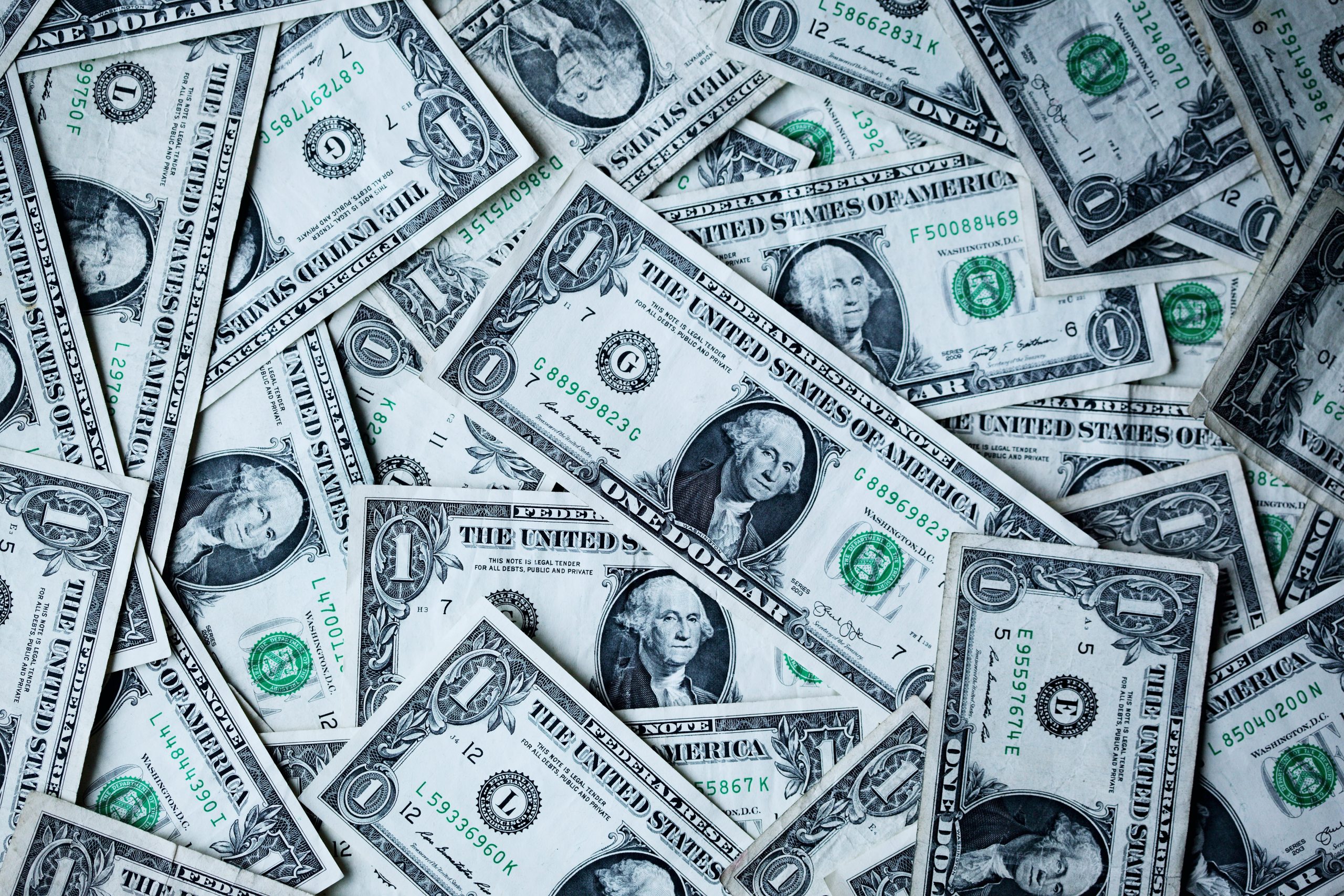The Pandora Papers Leak
The Pandora Papers is one of the most expansive leaks of tax haven files in history that revealed hidden wealth, tax avoidance, and even money laundering by some of the world’s richest people. The International Consortium of Investigative Journalists, a Washington-based nonprofit newsroom, along with a global network of other journalists provided a rare window into the inner workings of a dark financial world by exposing more than 11.9 million records from companies hired by wealthy clients to create trusts in tax havens and other offshore structures. Research shows that the data dump, released on 3 October 2021, unmasked the secret deals that were undertaken and the hidden assets of more than 130 billionaires from 45 countries, including 35 world leaders and more than 300 other public officials in more than 90 countries.
Offshore companies: the heart of the Leak
An offshore company is based in a jurisdiction other than where its owner resides or the business is incorporated. A company or group usually engages in offshoring business processes in a country where they can take advantage of the low (or no) corporation taxes, lax regulations, and the secrecy that the territory offers. Thus, these destinations are often referred to as tax havens or secrecy jurisdictions. Some of the most well-known destinations for hidden ownership of money and assets include Panama, Dubai, Monaco, Switzerland, Singapore and the Cayman Islands.
It is relatively easy to hide all your gold under a palm tree – metaphorically speaking – to hide money offshore all one needs to do is set up a shell company in one of the jurisdictions or territories with high levels of secrecy. This is usually a company that only exists in name and does not have a working office or any employed staff. Specialist firms are paid a fortune to not only set up a shell company but also run it. Several billionaires, who were featured in the leaked data, used shell companies to hold luxury items, incognito bank accounts, properties and estates, as well as yachts.
Is a Tax haven legal or illegal?
Creating an offshore company and owning it is not illegal, but their use can be if the owners cash in on the secrecy that comes along with the company. If the owners do not report their assets, cover their illicit money flows; enabling bribery, money laundering, terrorism funding, human trafficking, and tax evasion, the offshore company starts being used for unsavoury or illegal purposes, making tax haven unethical.
Poor and developing nations are disproportionately affected and harmed by the stashing of the wealth of the extreme elites in tax havens. This starves their nation’s treasuries of funds to pay for public infrastructures such as schools, hospitals, and roads. The bitter part of the entire account is how the power players in the economy including the world leaders -who have the means to end the secrecy offshore and other illicit money flows – are actually the ones supporting it as they are enormously benefitting from it.
Some players in the Pandora Papers’ Global Cast
The stories revealed in the Pandora Papers Leak include the Qatari ruling family who avoided £18.5m tax on a London super mansion, the King of Jordan’s £70m spending spree on properties in the UK and US through secretly-owned companies, the family of Kenyan president Uhuru Kenyatta who secretly owned a network of offshore companies. Other players who owned secret trusts include the prime ministers of the Czech Republic, presidents of Ecuador, Gabon, and Kenya and the former presidents of Panama, Honduras, El Salvador, and Paraguay. The Pandora papers revelations were so firm that they even hit the position of Chilean President Piñera as he has been impeached by the lower house of Congress over allegations that he favoured the sale of a family property while in office.
Any prospects for ending such practices?
The failure of governments to carry out a proper investigation and penalise the faulty who were exposed by the Panama Papers emboldened these individuals, making their names reappear and several new names appear on the Pandora Papers Leak. The government needs to not only impose tougher laws and enforcement but also, investigate the discoveries made by the Pandora Papers and act strictly on them. However, many obstacles remain. The wealthy elites, powerful groups, world leaders, and other public officials often oppose stronger transparency rules and stricter enforcement against offshore abuses. Thus, whilst the government needs to establish tougher regulation, the leaders and the power players should also be ethically conscious, lest they will be miscreants loosed upon this world.






0 Comments